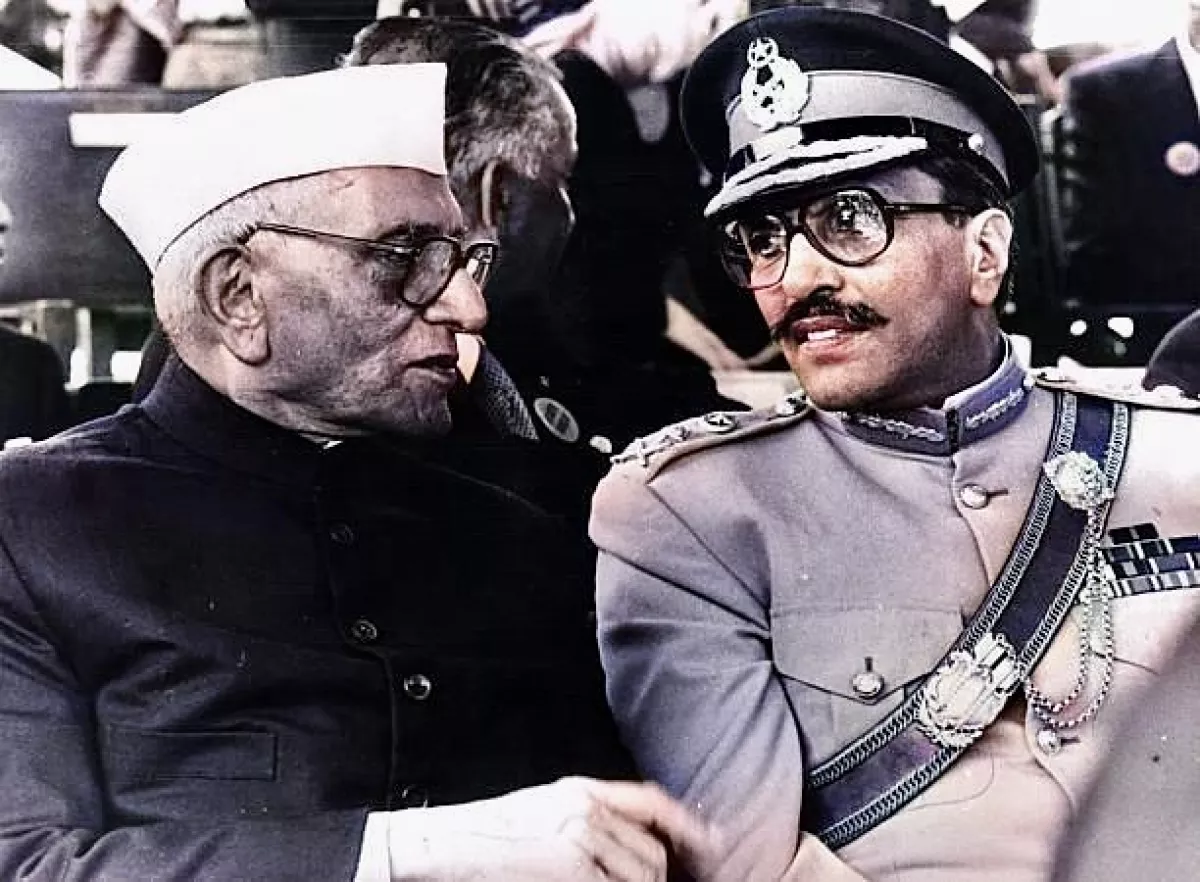India-Pakistan cricket controversy reflects unprecedented divide
One of the season’s most anticipated cricket matches took place on September 14, when India and Pakistan faced off in an Asia Cup game in Dubai. The two neighbours, whose relations have long been marked by tension, have often turned to sports as a way of easing hostilities. This time, however, the dynamic shifted: after India claimed victory, its players refused to shake hands with their Pakistani counterparts and walked off the pitch. In retaliation, Pakistan’s team declined to attend the post-match press conference.
India’s captain, Suryakumar Yadav, later explained that the snub was deliberate, saying it was meant as a gesture of solidarity with the victims of the April terrorist attack in Pahalgam, Indian-administered Kashmir, which left 26 civilians dead. “The pre-planned gesture was intended to signal solidarity,” he said. The Foreign Policy's article on these simmering tensions in the cricket world recalls that India blamed the attack on Pakistan and prompted a brief military conflict between the two countries, all the while Pakistan has repeatedly denied involvement in the Pahalgam attack.
The Pakistan cricket team was deeply offended by this behaviour and has filed a complaint with the Asian Cricket Council regarding India's snubbing of the customary handshakes, calling the action "unsporting."
Observers note that the handshake refusal marks a break from tradition in India-Pakistan cricket relations. As Foreign Policy recalls, cricket diplomacy has often played a role in easing tensions—most famously in 1987, when Pakistan’s leader Zia-ul-Haq travelled to India to watch a test match amid heightened conflict over Kashmir. Even in recent years, matches have typically been marked by mutual respect and sportsmanship.

According to the article, the atmosphere was tense even before the latest match began. Some Indian politicians and ex-cricketers urged their team to boycott games against Pakistan in the Asia Cup, echoing calls from the families of Pahalgam’s victims. Protests also erupted in the run-up to the game.
Back in India, the decision drew mixed reactions. The government offered no comment, while many citizens applauded the move. The head of India’s cricket board downplayed the controversy, urging fans to “focus on India’s victory, not the controversy.”
Still, the snub highlights a moment of acute strain in India-Pakistan relations. The May clashes marked the fiercest fighting between the two nations in decades. Following the Pahalgam attack, India also imposed sweeping nonmilitary measures, from closing the border to suspending trade and even halting a key water treaty.
As Foreign Policy argues, such developments cast doubt on the long-term prospects for bilateral ties. “People-to-people exchange can build trust and help stabilise the broader relationship,” the magazine notes. But with relations frozen and few opportunities for cooperation outside government channels, “the shrinking of space for cooperation […] will make it all the more difficult to get things back on track,” the piece urges.
By Nazrin Sadigova








